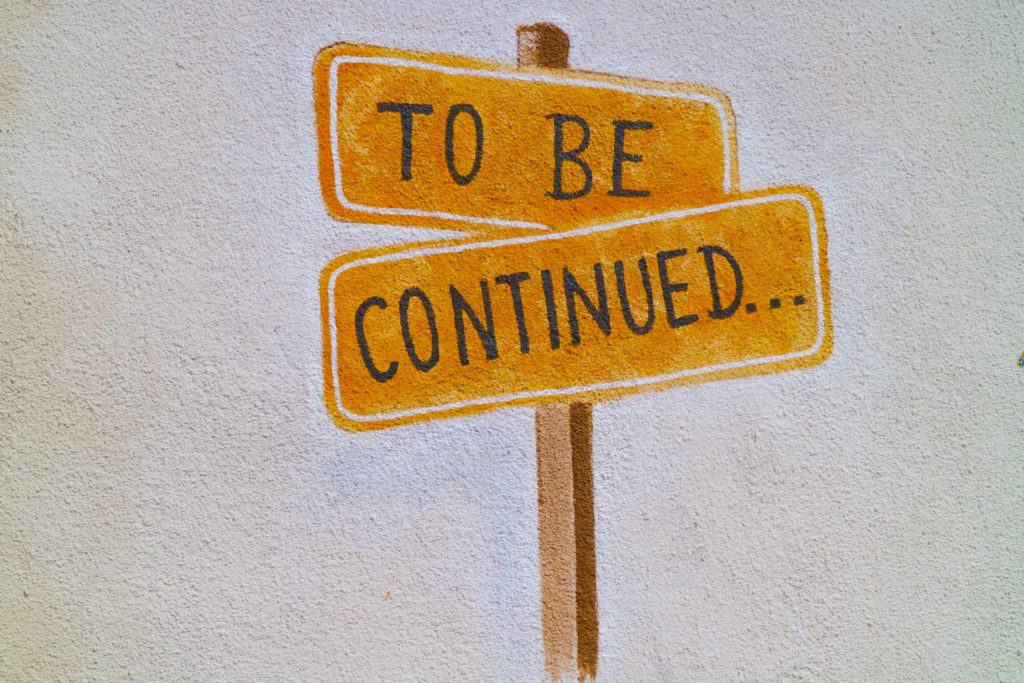The Dark Side of Compliments
Compliments can be a way to lift others up, increase the positive feelings and connection in a bond, break the ice so to speak in other situations and they can be wonderfully affirming.
Really sincere and meaningful compliments (ones that truly speak to who we are as a human) stick with us.
In fact, if I ask you now to think about a time you were given a compliment that really meant something to you I bet you have one (or a version you remember of one) that comes to mind. Think about it for a moment, replay it for yourself.
Do you feel warm, comforted, uplifted, loved, accepted? How does it make you feel? Probably pretty darn good.
We know compliments can be wonderful things, but they have a dark side.
Because we live in a culture that places such heavy value on appearance and certain body shapes and sizes over others we are led to believe that all people should be (and must be) striving to force their body to fit a certain specific set of parameters. We are operating under the assumption then that pointing out when someone is working to meet cultural beauty standards and get closer to, or stay in line with these parameters, that this is a positive thing and should be encouraged, rewarded, applauded etc. It has sadly become so culturally normative we may not even realize when we are giving compliments that reinforce these undertones of unrealistic and constantly changing expectations OR we may find it hard to see why there could be anything wrong with complimenting someone in these ways. “She cares so much about this”, “I want to be encouraging”, “He’s working so hard”…………
The issue is that compliments on someones body size/shape, eating or food choices in fact is harmful and damaging in a variety of ways.
I would bet that whatever compliment came to mind earlier when I asked you about a truly meaningful compliment you have been given, it didn’t have anything to do with the way you ate, what you ate, the size or shape of your body, your dress or pant size at the time or % body composition stats you had.
It’s hard to sit with this, because we have been so reinforced by diet culture* to believe that what we are complimenting when we compliment these things is helpful, positive or desired. If you are having feelings come up please know that they are all valid and that you aren’t alone, whatever they may be.

Follow me for a moment:
You haven’t seen your friend in a while and you are catching up for lunch. You notice that they look physically smaller than the last time you saw them.

Diet culture, which values thinness essentially at all costs, would have you immediately assume- Oh wow, they are thinner, that is good, they must be happy, I should be happy for them, this is great (Why? because they are better fitting the cultural belief that thinner is better and the assumption that all people are/should be striving towards this).
As a result you might say something like:
“Wow, you look so great, have you lost weight? Your ___ is so toned” as you initially greet them. This may be so automatic that you say this without thinking much about it at all.
Perhaps they say “thank you”, maybe they share details of what they are doing that they think has resulted in being given this compliment and you move along to lunch.
You notice that they have ordered a lighter meal, maybe it’s a chicken salad.
Diet culture again would lead you to believe this is the “right” choice, the “healthy” choice, the “best” choice they could have made on the menu. You would also fairly automatically assume that they obviously are doing all the right things with how they are eating because their body is now smaller or leaner in appearance (and of course diet culture has told you that this should be everyones ultimate goal). You felt like the burger, but now you feel guilty for wanting to order it and change your order or make some commentary up about having ordered it.
Amongst this you may give this friend another compliment. Maybe it’s something like “you are eating so healthy”. They might say “thank you” or dismiss your compliment in some way . You move along with your lunch and make plans to meet up again soon.
So what has just happened? Have you not just been such a supportive and encouraging friend?
The truth is.
When we compliment another person’s body size and shape or their food choices or behaviors we are placing value in them. These compliments reinforcing that these are things we think are valuable and noteworthy about this other person.
We aren’t actually complimenting the person though-who they are, what they mean to us.
We don’t actually know what we are complimenting-and here lays the root reason why we need to untangle ourselves from using these types of compliments.
Consider this:
- Illness, disease and other conditions can cause weight loss
- Disorder eating, disordered exercise behaviors and eating disorders can cause weight loss
- Stress, anxiety and depression can contribute to weight loss
- Lack of access to adequate food and resources can cause weight loss
- Some medications and drugs can cause weight loss
These comments/compliments also work to reinforce to this person that they are potentially more liked by and connected with you because of these things. There then can be a fear or anxiousness that they must try really hard to stay this way or they will be valued or liked less. This places focus and worth not on their true selves, but their circumstances or behaviors that have led them to have a body /eating pattern etc. culture has said should be aimed for.
What could we do instead?
Compliment someones character, their abilities, their unique gifts or skills etc. Their body, food and eating (as for all of us) are in flux. They will change over time. Will you value this person less if that happens? If their body shrinks or grows in size-will you cherish them differently?
Even if they seem to be fishing for these types of compliments or giving them to you-that doesn’t meant that you have to reinforce them. It is hard not to, because it has been so culturally accepted as normal, but remind yourself of the truly meaningful compliments you have been given and how those made you feel (even when they were from a stranger).
- You may choose to respond with a compliment like: “I just love spending time with you, I always feel so heard and cared about” or “I love when we get to catch up, your sense of humor always leaves me with a giant smile” or “The way you listen makes me feel understood”
- You may share that you don’t value them because of their body or how they eat
- You may choose to say nothing in the moment

There is nothing wrong with wanting to look nice or adorn yourself in a way that is fun or pleasing to you, but don’t let diet culture dictate what you should and shouldn’t value and what you want to be about in this world.
I will leave you with one last question to consider about that next compliment you go to give: Will this compliment still stand if their body changes?
*Diet culture as defined by Christy Harrison in her book Anti-Diet: “-a system of beliefs that equates thinness, muscularity, and particular body shapes with health and moral virtue; promotes weight loss and body reshaping as a means of attaining higher status; demonizes certain foods and food groups while elevating others; and oppresses people who don’t match its supposed picture of “health”. “


